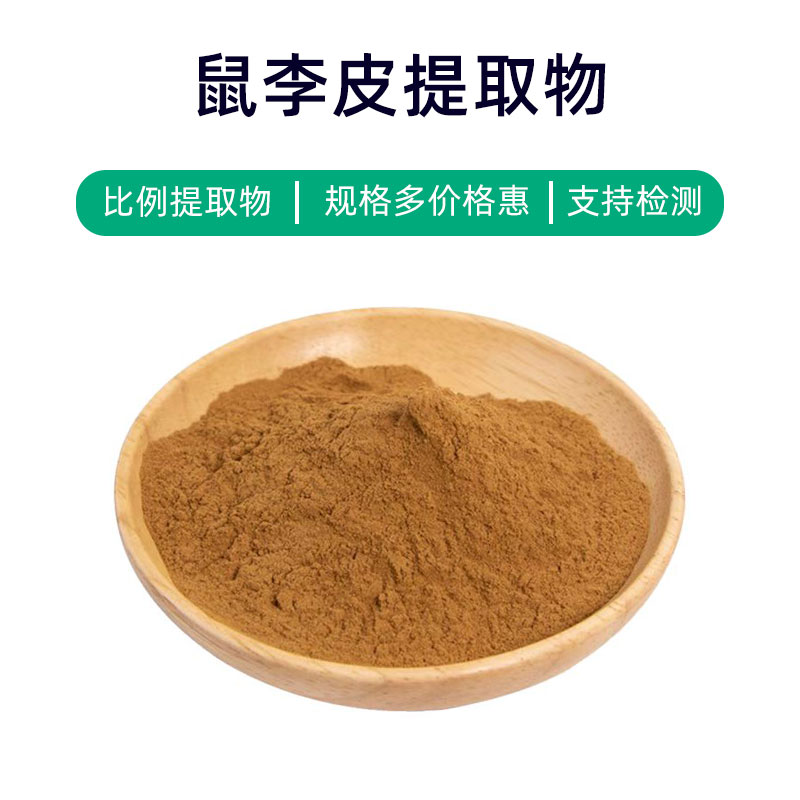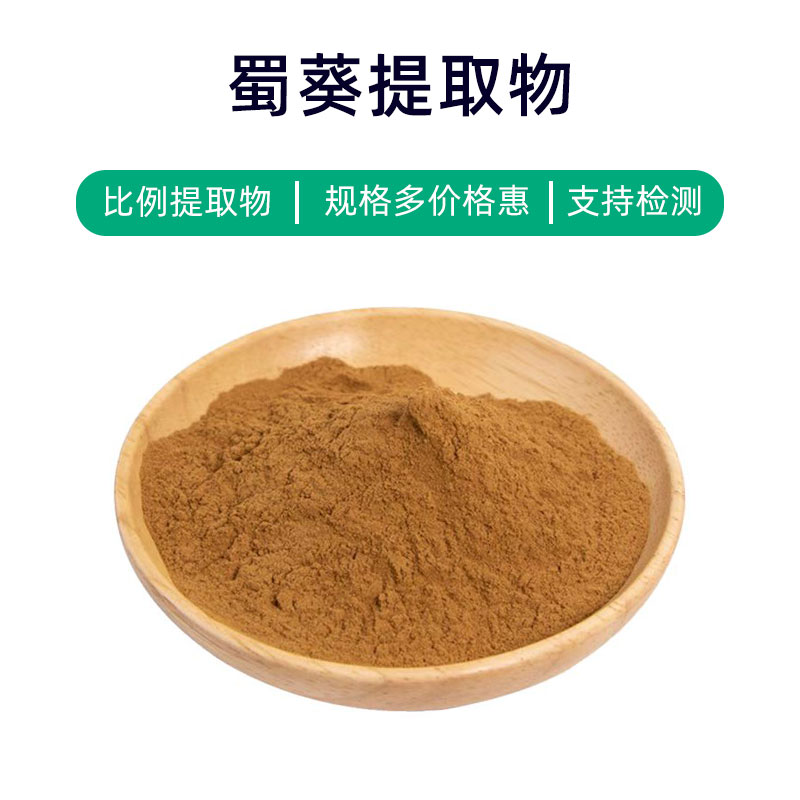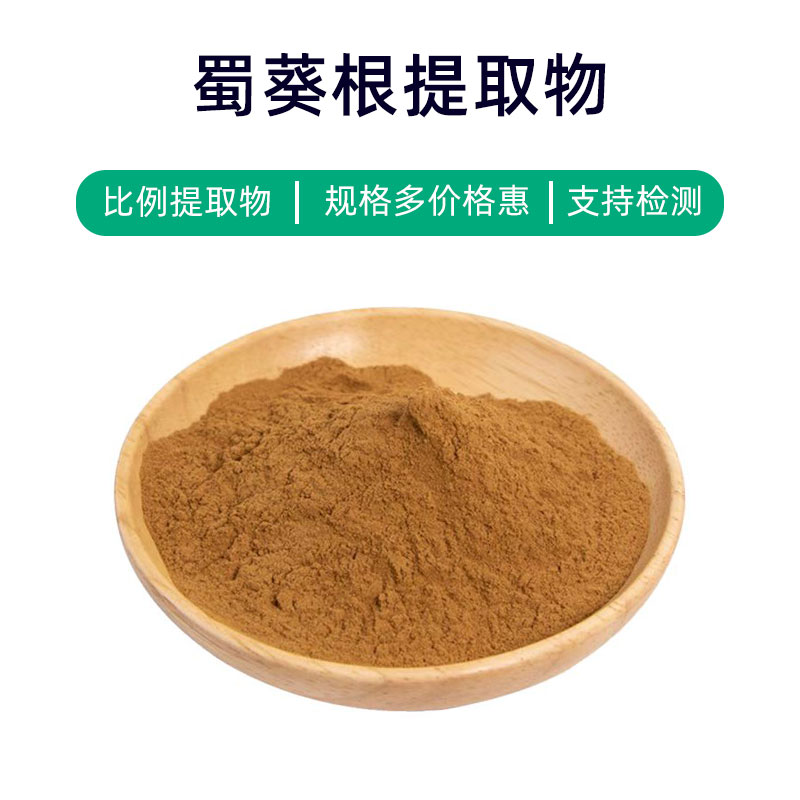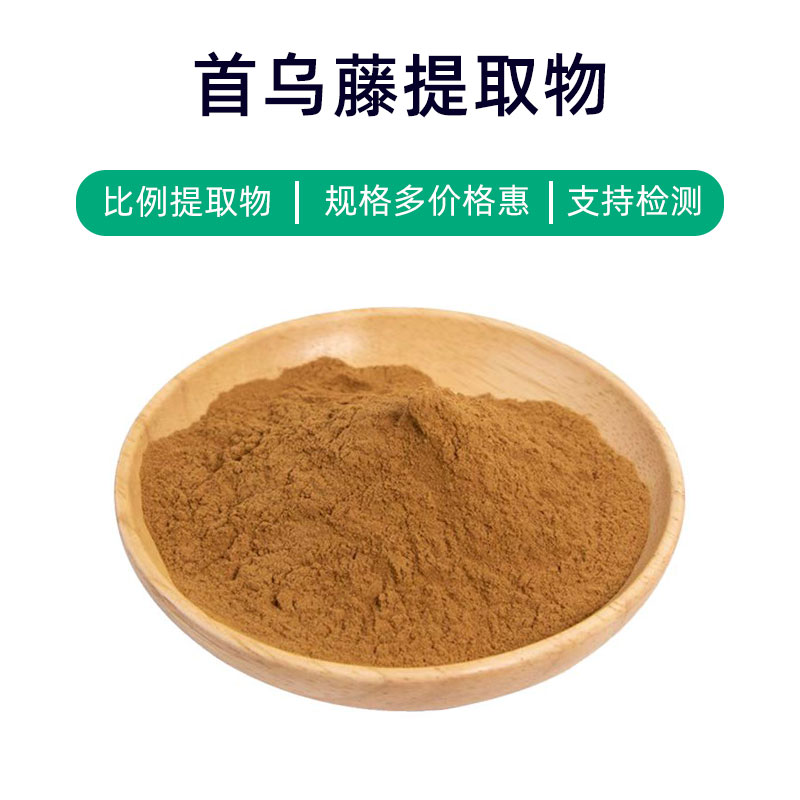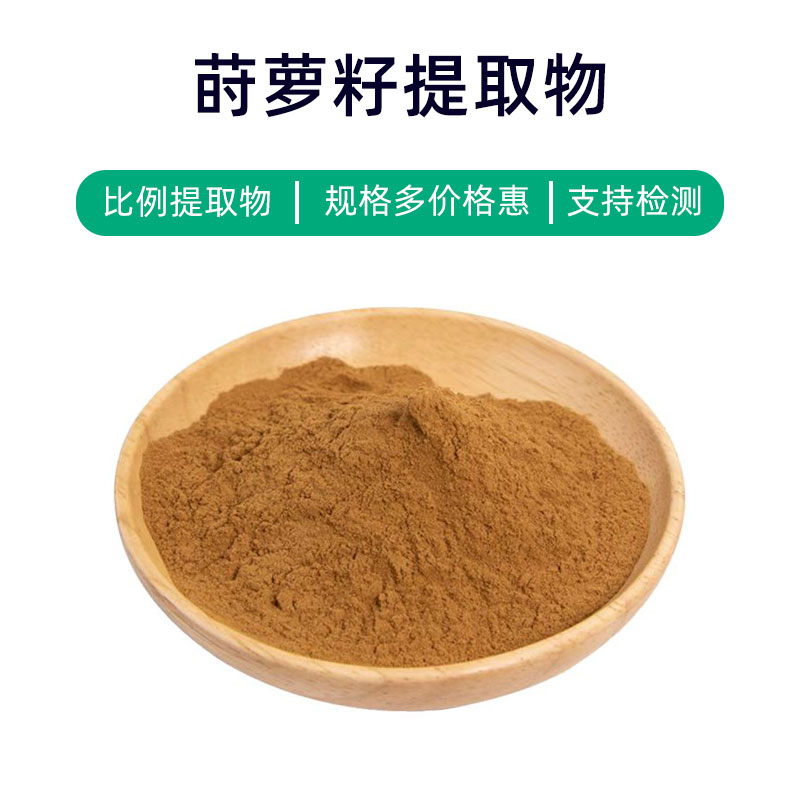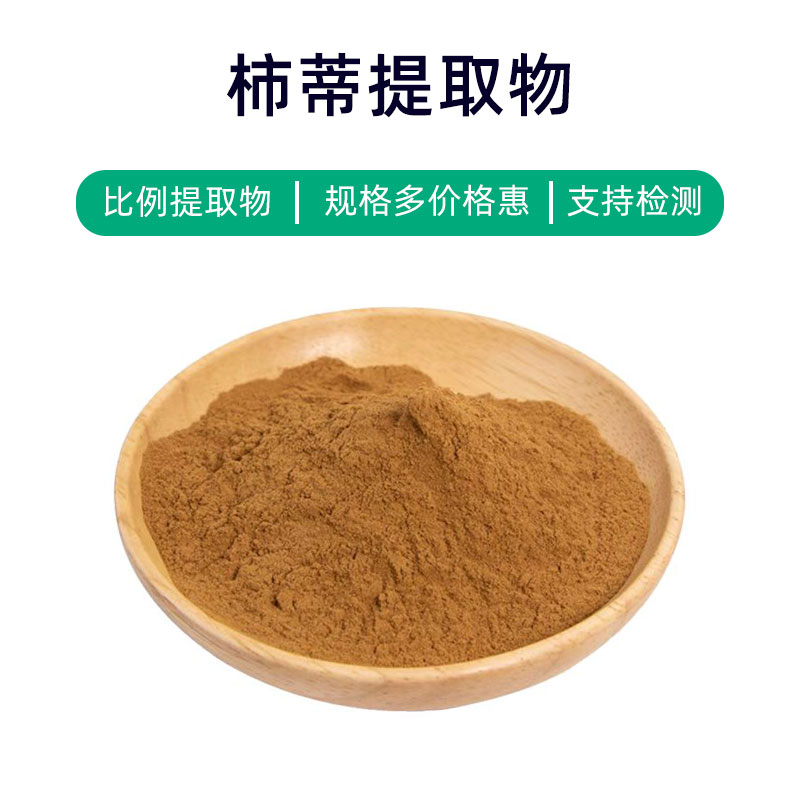Lemon Verbena Extract Product Introduction
Lemon verbena extract is a natural plant extract obtained from lemon verbena (Aloysia citrodora), mainly comprising volatile oils, flavonoids, and phenolic compounds. This extract has a refreshing lemon scent and is widely used in the food, beverage, health product, and cosmetics industries.
Its benefits are primarily reflected in several areas:
- Flavor Enhancement: Lemon verbena extract is commonly used as a flavoring agent in foods and beverages, providing a fresh lemon aroma that enhances taste and flavor.
- Antioxidant Properties: Rich in flavonoids and phenolic compounds, it possesses antioxidant properties that help delay the oxidation process in food and cosmetics, maintaining product stability and quality.
- Regulatory Effects: Lemon verbena extract is believed to have anti-inflammatory, calming, and antibacterial properties, commonly used in health products and cosmetics for skin conditioning and soothing.
In the food and beverage industry, lemon verbena extract is used in flavorings, spices, and additives to impart a unique lemon flavor and taste. In the health product sector, it is often included as an ingredient to support overall health. In cosmetics, it is used in skincare and hair care products, providing soothing and calming effects.
Lemon Verbena Extract Production Process
The production process for lemon verbena extract typically involves several key steps:
- Raw Material Collection: Fresh lemon verbena plants are harvested as the raw material for the extract. The quality of the raw materials is crucial for ensuring product quality, so healthy, pest-free plants should be selected during collection.
- Cleaning and Processing: The harvested lemon verbena plants need to be cleaned to remove surface impurities and contaminants. After cleaning, the plants should be either air-dried or dehydrated before extraction.
- Extraction Process: Extraction is the critical step in producing lemon verbena extract. Common methods include steam distillation and solvent extraction. Steam distillation is widely used, utilizing high temperature to extract volatile components from the lemon verbena.
- Concentration and Separation: The raw extract needs to be concentrated and separated to obtain a purer extract. Typically, a concentrator is used to evaporate solvents from the raw extract, leading to a concentrated solution, which is then separated to isolate target components from others.
- Filtration and Purification: To further enhance the purity of the extract, filtration and purification processes are applied. Filtration removes any remaining solid particles and impurities, while purification eliminates solvent residues or other contaminants.
- Quality Testing: Once production is complete, the extract undergoes quality testing to ensure it meets relevant standards. Common testing methods include HPLC and gas chromatography (GC) for assessing the content and purity of main components in the extract.
- Packaging and Storage: Finally, the extract is packaged with relevant information such as production date, batch number, and component content. The packaged extract should be stored in a cool, dry place, away from direct sunlight and heat to maintain its stability and quality.
Lemon Verbena Extract Effects and Side Effects
Lemon verbena extract is a commonly used natural plant extract with various effects and properties, including:
- Antioxidant Action: Rich in flavonoids and polyphenols, lemon verbena extract has strong antioxidant effects that help eliminate free radicals in the body, slowing down oxidative damage to cells and promoting cellular health.
- Anti-inflammatory Properties: Active components in lemon verbena extract can inhibit the release of inflammatory factors, offering anti-inflammatory benefits that help alleviate discomfort related to conditions like arthritis and dermatitis.
- Antibacterial Effects: It has a certain inhibitory effect on various bacteria and fungi, useful for preventing and treating infections caused by these microorganisms.
- Digestive Improvement: Lemon verbena extract provides gastrointestinal protection, promotes intestinal motility, and improves digestive function, reducing symptoms of indigestion and bloating.
- Immune Enhancement: Active components enhance immune functionality, promoting activation and proliferation of immune cells, improving resistance to external pathogens.
- Blood Circulation Improvement: Some components promote vasodilation and lower blood pressure, aiding blood circulation and improving microcirculation, beneficial for preventing cardiovascular issues.
Lemon verbena extract is generally safe, but it's essential to consider the following points during use:
- Follow medical advice regarding dosage to avoid adverse reactions.
- Those allergic to lemon verbena should use it cautiously and stop using it immediately if any allergic reaction occurs.
- Special populations, such as pregnant women, nursing mothers, and children, should use it under the guidance of a healthcare professional.
- Long-term or high-dosage use may cause digestive issues, dizziness, or skin allergic reactions; any discomfort should be addressed promptly with medical attention.
In summary, lemon verbena extract offers multiple benefits, but caution is advised during use, following medical recommendations to ensure safety and efficacy.
Lemon Verbena Extract Applications and Dosage
Lemon verbena extract has a broad range of applications in the pharmaceutical, food, and cosmetic industries, with various uses and effects. Below are details on its applications and recommended dosages in different fields:
- Pharmaceutical Applications:
- Its antioxidant and anti-inflammatory effects make lemon verbena extract common in health products and medications for preventing and treating oxidative stress and inflammation-related diseases.
- Dosage: Generally, it is recommended for adults to take 100-200 mg of lemon verbena extract daily, with possible adjustments based on individual needs.
- Food Applications:
- Lemon verbena extract is often added to food as a natural antioxidant and preservative, preserving freshness and extending shelf life.
- Dosage: Depending on food type and processing methods, the addition rate generally ranges from 0.01 to 0.1 g per kilogram of food.
- Cosmetic Applications:
- Due to its antioxidant, anti-inflammatory, and antibacterial properties, lemon verbena extract is commonly used in cosmetics like creams, lotions, and masks, providing skincare and soothing effects.
- Dosage: Based on product type and formulation, it should generally be used as directed on the product label to avoid overuse.
- Other Applications:
- Lemon verbena extract can also be used in personal care products like shampoos and body washes, offering cleansing and moisturizing benefits.
It is important to note that different products may have varying formulas and dosages, so it’s advisable to read product labels carefully and follow manufacturer or healthcare provider recommendations. Additionally, special populations such as pregnant women, nursing mothers, children, and the elderly are encouraged to consult a healthcare professional before use.
Lemon Verbena Plant Overview: Source, Distribution, and Growth Environment
Lemon verbena (Melissa officinalis), also known as balm, bee balm, or lemon balm, is a perennial herbaceous plant belonging to the Lamiaceae family. Here are detailed insights into its plant source, distribution, and growth environment:
- Plant Source Overview:
- Lemon verbena is characterized by its lemon-scented leaves, which emit a fresh lemon aroma, thus its name.
- The plant has shallow roots and branching stems, with heart-shaped or oval leaves that feature serrated edges.
- Lemon verbena flowers in summer, producing small white flowers that form umbrella-shaped clusters, making it aesthetically appealing.
- Distribution:
- Native to the Mediterranean region, including parts of Europe, North Africa, and Western Asia.
- Lemon verbena has now been cultivated worldwide, including North America, Asia, and Australia, becoming a common horticultural plant.
- Growth Environment:
- Prefers sunny, well-drained environments, with loose soil and strong adaptability.
- It flourishes in warm climates but can tolerate some cold, classified as a hardy plant.
- Typically found in grassy fields, forest edges, and garden borders, it can also be cultivated as a medicinal plant in herb gardens.
Overall, lemon verbena is an easy-to-cultivate herbaceous plant, suited for various environments in warmer climates, and its lemon scent makes it a beloved ornamental and medicinal plant.
Lemon Verbena Extract Processing and Storage
The processing and storage of lemon verbena extract are relatively straightforward. Initially, freshly harvested lemon verbena can be simply processed by cleaning, air-drying, or using it fresh. For extract preparation, steam distillation or solvent extraction methods are commonly employed, with the extracted liquid potentially undergoing further concentration or purification.
For storage, it is best to keep the extract in a dry, cool environment, avoiding direct sunlight and high temperatures, while ensuring containers are sealed to prevent volatilization and contamination. Proper storage can extend the shelf-life of the extract and maintain the stability of its active components.
Monica Sun is a seasoned expert in the plant extraction industry with over a decade of experience in research and production. She specializes in the extraction and purification of plant active ingredients, focusing on driving innovation in natural product applications. Monica has participated in the development of multiple functional plant extracts, delivering high-value natural raw material solutions for the health food, pharmaceutical, and dietary supplement sectors.









